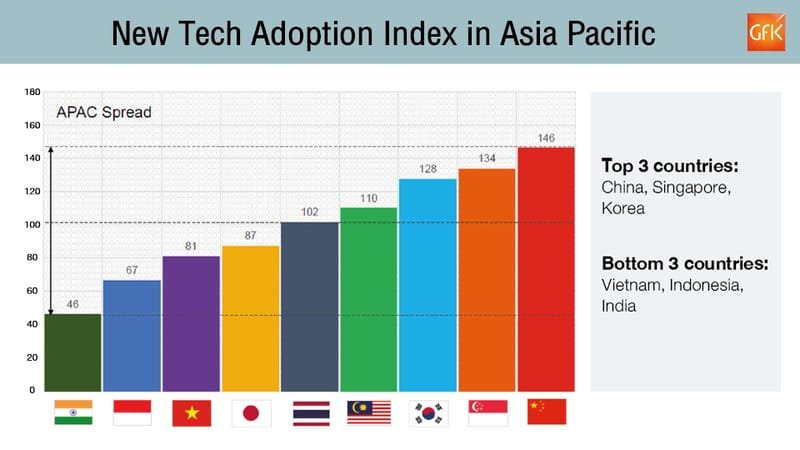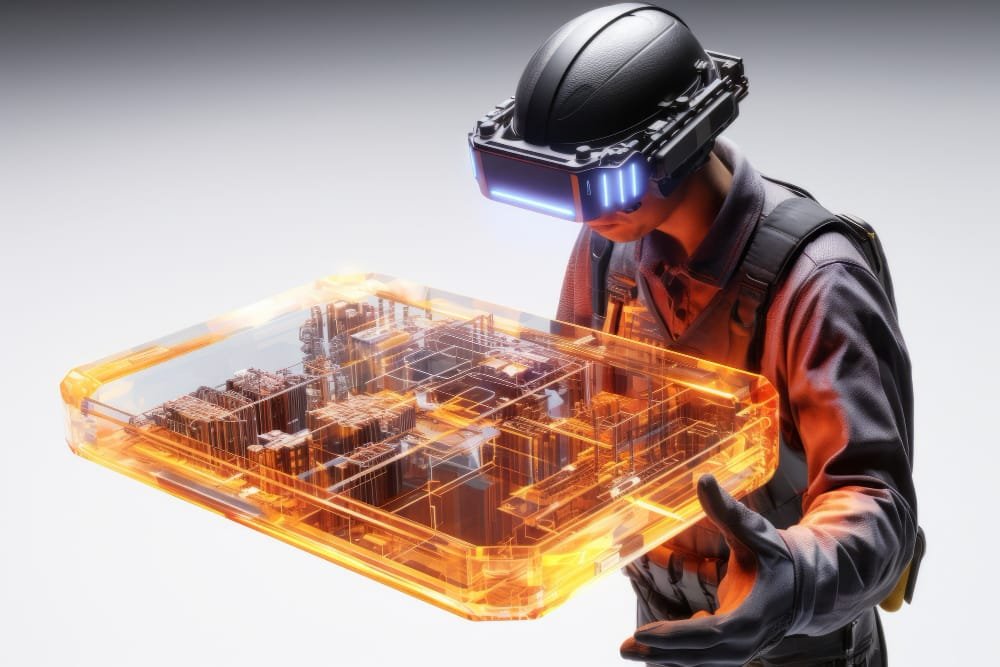In recent years, technology has been reshaping industries around the globe, and Thailand’s construction sector is no exception. With advancements like artificial intelligence (AI), drones, and 3D printing, the industry is becoming more efficient, cost-effective, and capable of delivering higher-quality projects. These innovations in Construction Technology Thailand are helping the country to overcome traditional construction challenges. We’re talking about issues from labor shortages to rising costs, while also improving safety and sustainability.

AI in Construction Technology Thailand
Artificial Intelligence (AI) is one of the key technologies driving change in Construction Technology Thailand. According to a report from Research Dive, the construction sector is set to invest significantly in AI-driven tools and cloud-based technologies. The projections suggesting the industry could generate $8 billion in revenue from AI by 2031.
The power of AI is most evident in project management. AI is helping construction companies optimize labor deployment and improve planning. JLL’s report on PropTech shows that by 2022, around $4 billion had already been invested in AI-powered tools. These tools are not only assisting in the automation of tasks but are also solving long-standing inefficiencies. For example, workers wearing helmets equipped with 360-degree cameras can now capture site progress data, which AI then uses to create augmented reality models. This process provides real-time information and helps managers make informed decisions without needing to be physically present on-site.
Drones: Improving Safety with New Construction Technology Thailand
Drones and robotics are two other Construction Technology Thailand transforming the way construction is carried out. Drones are widely used for surveying large construction sites, monitoring progress, and delivering materials. This not only speeds up the construction process but also reduces labor costs. By providing real-time aerial footage, drones enable construction managers to quickly identify and resolve issues on-site, reducing delays and costly errors.
Robots are playing an increasing role in construction by handling labor-intensive tasks that traditionally required human workers. These machines can be used for bricklaying, concrete pouring, and even precise welding tasks, which increases both the speed and accuracy of construction while reducing risks to workers. As labor shortages in Thailand’s construction sector grow more severe—some estimates predict a shortage of up to 200,000 workers per year—these Construction Technology Thailand will become even more critical in bridging the gap.
3D Printing: A Cost-Effective and Sustainable Solution
3D printing is another innovative Construction Technology Thailand making waves in the construction industry. By using automated printing processes to create building materials and even entire structures, 3D printing can drastically reduce material waste and costs. This is particularly important as construction companies in Thailand face rising material costs, driven by increasing prices for raw materials and energy.
The use of 3D printing allows builders to use fewer resources while maintaining the structural integrity of their projects. Additionally, this technology supports the push for sustainable construction, which is gaining momentum as companies strive to meet Thailand’s net-zero emissions goals.
BIM to Optimize the Construction Process
Thailand’s construction sector has been slower to adopt certain technologies compared to other industries, but Building Information Modeling (BIM) is fast becoming a game-changer. BIM allows architects, engineers, and contractors to collaborate on a digital model of a building, offering greater precision and coordination from the pre-construction phase to project completion.
The Thai Building Information Modeling Association (TBIM) is working to standardize BIM protocols across the country. This Construction Technology Thailand helps reduce errors during construction, as changes can be made virtually. This is very beneficial to cutting down on costly revisions and ensuring projects stay on schedule.
Thailand’s construction industry is on the verge of a significant transformation, driven by innovations in AI, drones, 3D printing, and BIM. These Construction Technology Thailand are not only making construction projects more efficient and cost-effective but are also improving safety and sustainability. As the country continues to invest in infrastructure and adopt cutting-edge technologies, the construction sector is poised for growth.

